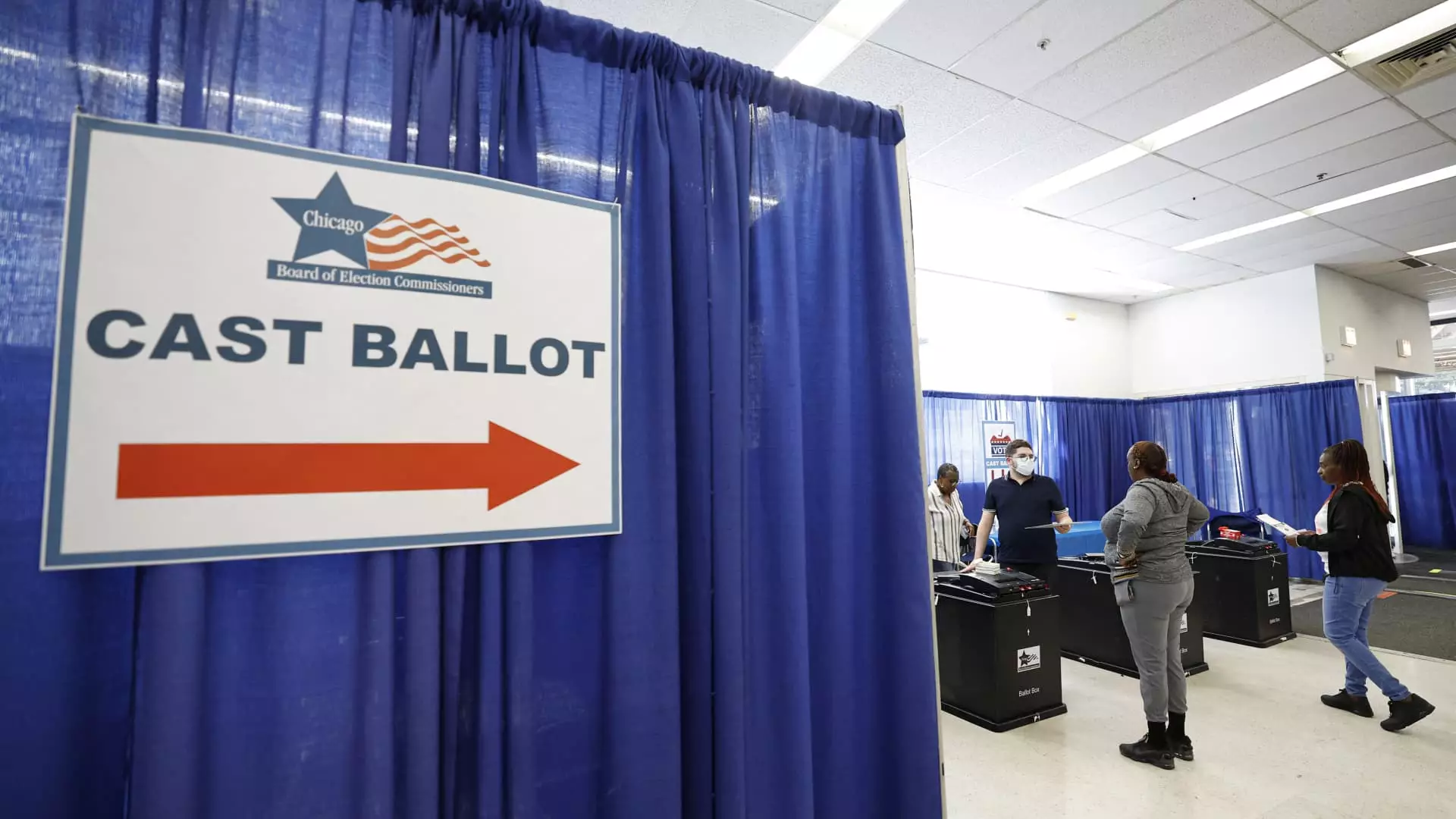In the American social landscape, few subjects instigate more discomfort than finances. Recent surveys indicate that many individuals would sooner divulge their political affiliations than discuss their financial status. A study conducted by U.S. Bank, which surveyed 3,500 participants, revealed that discussions about money can often feel nearly as uncomfortable as talking about intimate subjects. Combining data from research conducted by Wells Fargo, which included over 3,400 adults, it became clear that transparency about personal finances is avoided by a significant portion of the population. This reluctance isn’t just a cultural quirk but a deeply ingrained tendency linked to anxiety and vulnerability related to money.
Financial experts emphasize that the hesitance to engage in conversations about financial matters is often colored by the emotional weight they carry. As Preston Cherry, a certified financial planner, elaborates, money intertwines with our hopes, fears, and aspirations—making discussions about it a precarious endeavor. Unlike the periodic nature of presidential elections, which occur every four years, the necessity of understanding and discussing finances pertains to daily life, making the avoidance of these conversations particularly puzzling.
Despite these challenges, there appears to be a positive shift in how families approach financial discussions. According to the U.S. Bank survey, many parents are more inclined to initiate conversations about financial literacy with their children than previous generations were. For instance, discussions revolving around investment options and savings strategies are being broached with children at a much higher rate than they were a few decades ago.
However, the data continue to illustrate significant gaps in financial awareness. Notably, 45% of respondents remain unfamiliar with their parents’ financial situations, a statistic that grows concerning for those anticipating potential future responsibilities towards aging relatives. Ford, who leads wealth management for U.S. Bank, underscores the importance of having these discussions before crises strike. The lack of preparation can lead to detrimental consequences, especially if a family’s financial system hasn’t been made clear to the younger generation.
The Cost of Avoidance: Financial Misalignment and Missed Opportunities
The absence of open dialogue about finances can lead to severe repercussions. Financial advisors emphasize that without proper communication, families risk misunderstandings and misalignment around money management. Winnie Sun, a seasoned financial planner, articulated this notion well, asserting that financial conversations are critical to building wealth effectively. When families shy away from discussing finances, they create an environment where missed opportunities for planning and wealth accumulation thrive.
These advisors also highlight the need for tangible plans for the future, including estate planning, healthcare decisions, and the potential for intergenerational wealth transfer. Failing to address these matters could result in costly legal ramifications or tax inefficiencies later on, underscoring the necessity for comprehensive discussions surrounding family finances.
For families ready to start bridging the communication gap, experts recommend beginning the conversation with manageable topics. Simple discussions around everyday expenses, like medication costs or budgeting for groceries, can ease family members into more complex financial discussions. Ford suggests initiating these conversations by showing a genuine interest in understanding the makeup of financial responsibilities, rather than focusing solely on the amount of money involved.
Ted Jenkin, a financial planner, shares a similar view, advocating for families to approach these discussions without pressure. He suggests, “Just ensure that the proper things are in place to avoid legal complications in the future.” This approach can foster a more open and honest arena for financial dialogue.
Within family units, couples also face their distinct challenges regarding financial discussions. Research shows that more than one-third of American couples disagree on money management strategies. Alarmingly, around 30% admit to having lied to their partner about financial matters—an issue often termed financial infidelity. The consequences of these discrepancies can lead to broader relational difficulties, making it crucial for partners to create an environment where transparent communication is encouraged.
To mitigate financial standoffs, Cherry advises that couples cultivate a non-judgmental atmosphere where they can share differing perspectives and work towards shared financial goals. Moreover, consulting with a financial advisor can provide an unbiased intermediary who can help facilitate these critical conversations.
Taking The First Step: Professional Guidance and Education
Despite the stigma surrounding financial discussions, seeking professional advice can empower families and individuals to tackle their financial hesitances. Many financial advisors offer complimentary initial consultations, allowing clients to explore their situation and understand the best questions to ask without feeling overwhelmed. This first step can be transformative, significantly reducing financial anxiety and steering families toward a healthier relationship with money.
While the aversion to discussing personal finances remains prevalent in American society, the tides are slowly turning. By fostering open conversation, understanding, and professional guidance, families can navigate the complexities of financial discussions, paving the way for better financial health and stronger relationships.

